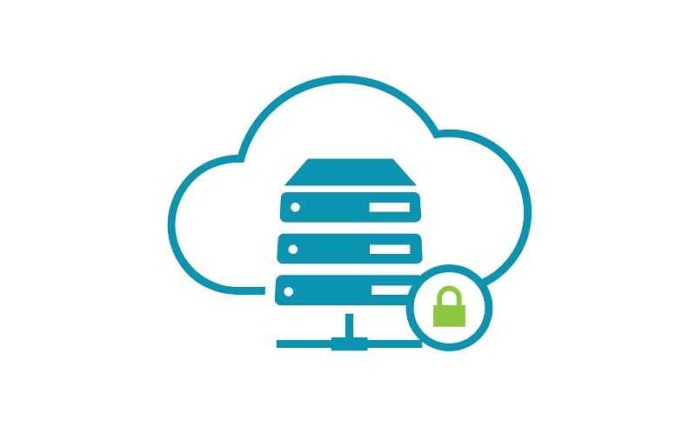By Sharad Acharya
Gone are of the days of purchasing high-end hardware for your business applications, deploying an IT team to look after it, and going through the tedious process of hardware replacement and upgrade.
In this age of the almighty Internet, the businesses can host their applications on servers located at an external site and access them remotely. Be it websites, business-specific applications, or gaming, every application can be hosted externally with the same performance, if not better.
Although the applications can be hosted on a dedicated server or in a shared-server environment with other applications, the far superior option among all the types of application hosting is “cloud.”
Cloud computing is an advanced solution for application hosting with highly scalable, secure, and flexible features. It offers the users to access the applications remotely with the end-point device of their choice, be it a smartphone, laptop, or tablet. According to IDG study, Around 77 percent of enterprises have at least one application hosted on the cloud.
There are a plethora of application hosting providers that offer the cloud platform for business applications. However, finding the right provider can be no easier than finding a needle in a haystack. To clear the confusion related to the services offered by the application hosting provider, here are some points to consider before choosing one.
1. Experience
You should look for an application hosting provider that has several years of experience in hosting the applications specific to your business. For instance, an accounting firm looking to host QuickBooks software should opt for a provider that has an expertise in hosting accounting applications.
Choosing an experienced hosting provider implies that the provider knows the requirement of your business process, offering the optimum environment for it. It relieves you from the process of analyzing the type and amount of resources required for your applications. The application provider does that for you.
2. Security
Data security is a must for every business. An application provider might offer you heavy discounts or a wide range of services. None of it matters if they are not able to offer a secure environment for your data.
Look for providers that implement multi-level security (physical, administrative, and network) as a part of their setup. Methods like data encryption for safe transmission of data and multi-factor authentication for secure access to the application is essential. You should also analyze the physical security level of the data center that stores your data.
3. Uptime
Uptime, as the name suggests, is the duration of the availability of the applications guaranteed by the application hosting provider. The higher the value of uptime, the higher is the credibility of the provider.
A 99.995 percent value is considered as a high standard of uptime. However, some prominent providers offer an uptime of 99.999 percent, which means a downtime of fewer than 6 minutes in a year.
Note: Please make sure that uptime is guaranteed in the SLA (Service Level Agreement). It ensures that the application hosting provider is legally bound to offer the mentioned uptime.
4. Customer Support
Offering efficient customer support is one of the traits that separates the good application hosting providers from the best ones. The application hosting provider should offer you round-the-clock support. Some providers offer you 24/7 support, but not on weekends. Make sure that the support is offered all 365 days a year.
Moreover, the response and resolution time of the support team is very crucial. Make sure that the provider offers support through multiple media such as phone, mail, and chat. This gives you the liberty to contact the support even in the absence of one of the medium.
5. Business Continuity
No matter how hard you try to keep the business applications and data protected, there are some events that still compromise the integrity of your process. The events can be anything from a minor hardware failure or a data breach to a natural disaster such as an earthquake.
To counter these disruptive events, the competent application hosting providers implement Business Continuity and Disaster Recovery (BCDR) as a part of their hosting services.
Business Continuity is a proactive approach that involves the identification of risks that could harm the business process and data. Once the risks have been identified, suitable procedures and protocols are planned in case of the occurrence of any of these events. Business Continuity ensures that the provider is ready even before a disruptive event occurs.
Disaster Recovery ensures that the data is stored in multiple geographical locations so that the data can be recovered even if an entire location is affected by a disaster, natural or otherwise.
Go for an application hosting provider that deploys a BCDR plan to keep your data protected at all times.
Choose Wisely!
Although these aspects help you immensely in choosing the right application hosting provider, it also depends on the scale of your business, budget considerations, and your preferences. Some businesses would prefer security over support and vice-versa.
Hence, it is essential to first analyze your business process before making a decision.
Sharad Acharya is a writer at Ace Cloud Hosting – a leading hosting provider for tax software, with several years of experience in the cloud industry. He loves to research on various technologies and has a firm grasp on topics like Accounting, ERP, VDI and HIPAA.







